If we don't believe in freedom of expression for people we despise, we don't believe in it at all
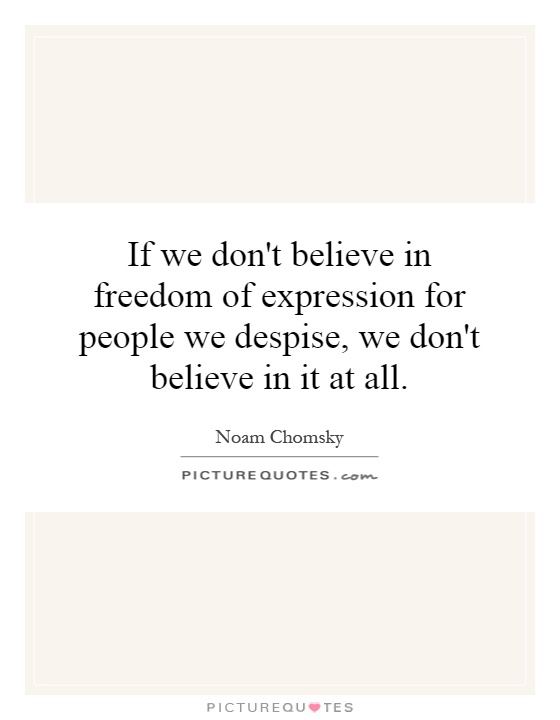
Freedom Of Speech QuotesFreedom Of QuotesFor People QuotesBelieve In QuotesFreedom Of Expression QuotesDon't Believe Quotes
If we don't believe in freedom of expression for people we despise, we don't believe in it at all
Noam Chomsky, a renowned linguist, philosopher, and political activist, has long been a staunch advocate for freedom of expression. He has consistently argued that the right to free speech is essential for a functioning democracy and a just society. Chomsky's quote, "If we don't believe in freedom of expression for people we despise, we don't believe in it at all," encapsulates his belief that true freedom of expression must extend to all individuals, even those whose views we find abhorrent.Chomsky's statement challenges us to consider the true meaning of freedom of expression. It is easy to support the right to free speech for those with whom we agree or whose views we find palatable. However, the real test of our commitment to freedom of expression lies in our willingness to defend the rights of those whose opinions we find repugnant. This is a principle that Chomsky has consistently upheld throughout his career, even when it has meant defending the rights of individuals or groups whose beliefs he vehemently opposes.
Chomsky's argument is rooted in the belief that silencing dissenting voices, no matter how offensive or unpopular their views may be, ultimately undermines the principles of democracy and freedom. By allowing all individuals to express their opinions, even those we despise, we create a more open and inclusive society where ideas can be debated and challenged. This, in turn, leads to a more informed and engaged citizenry, capable of making informed decisions about the issues that affect their lives.
Furthermore, Chomsky's quote highlights the danger of censorship and the suppression of dissenting voices. When we seek to silence those with whom we disagree, we not only violate their rights but also limit our own ability to engage in meaningful dialogue and debate. By shutting down opposing viewpoints, we stifle the exchange of ideas and hinder our ability to learn and grow as individuals and as a society.
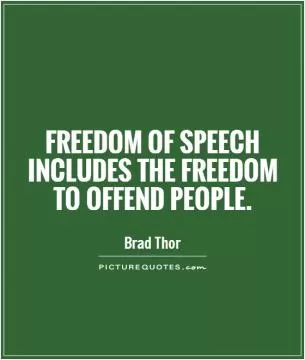
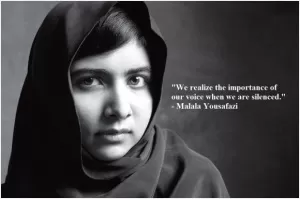
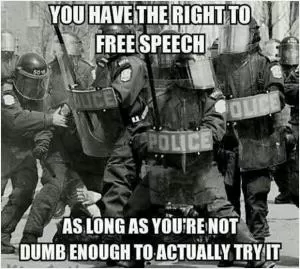
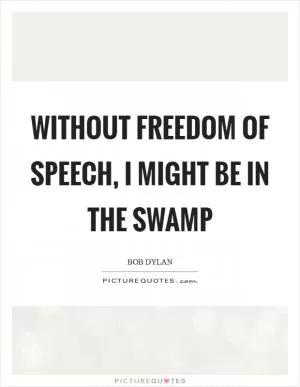
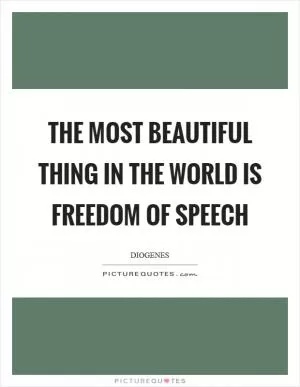
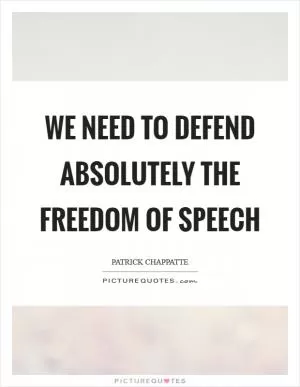
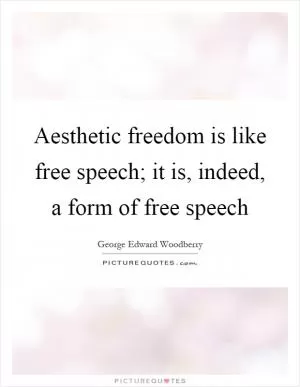
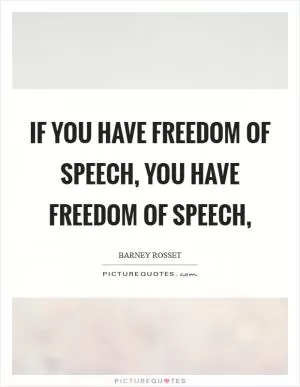
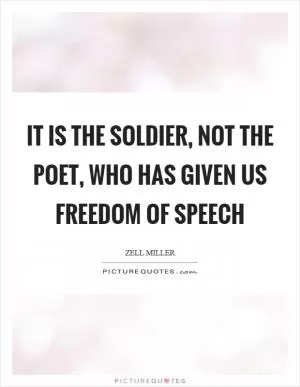
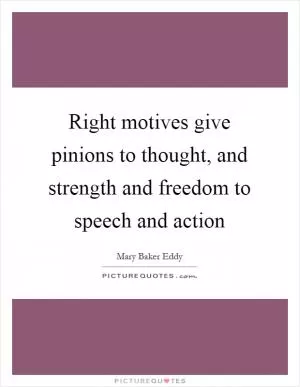
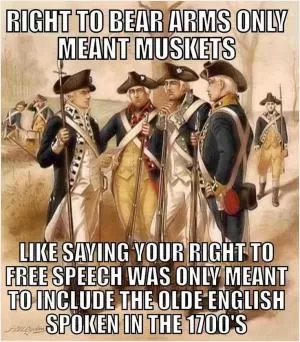
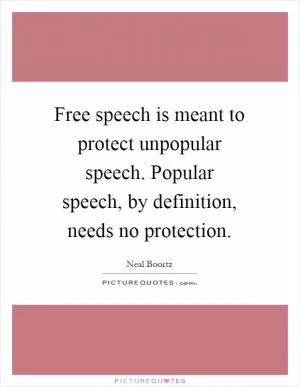
 Friendship Quotes
Friendship Quotes Love Quotes
Love Quotes Life Quotes
Life Quotes Funny Quotes
Funny Quotes Motivational Quotes
Motivational Quotes Inspirational Quotes
Inspirational Quotes